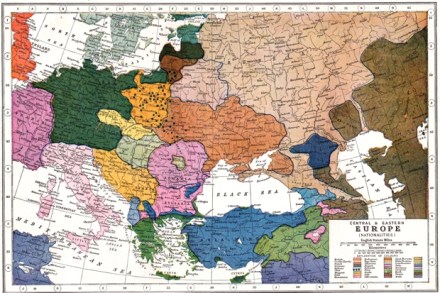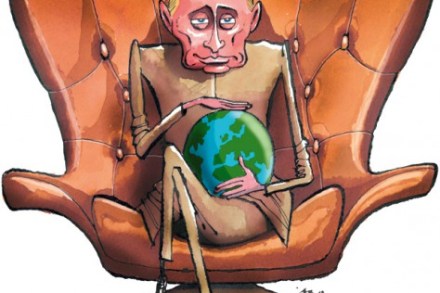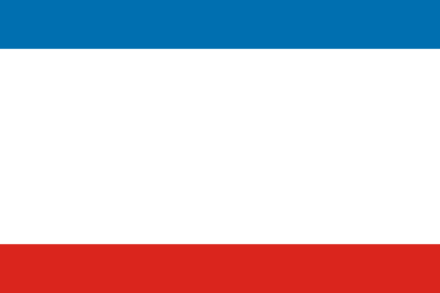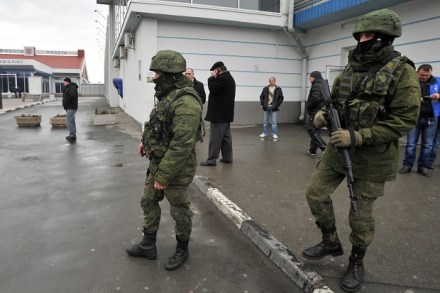Ukraine polling: EU vs Russian integration and who is the weakest leader?
It’s difficult to figure out exactly what’s going on in Ukraine and what it all means — as Freddy has pointed out there’s a lot of hyperbole at the moment— but where is public opinion on the current situation? There’s some interesting historic polling on where Ukrainians stand on more integration with Europe vs Russia. Ukraine’s ambassador to the European Union Kostyantyn Yeliseyev suggested in 2011 that business tycoons and politicians from the Russian-speaking Eastern regions are just as on board with more EU integration as those from western regions. Yeliseyev noted at the time ‘if any politician today in Ukraine declared himself to be against European integration, he would




















